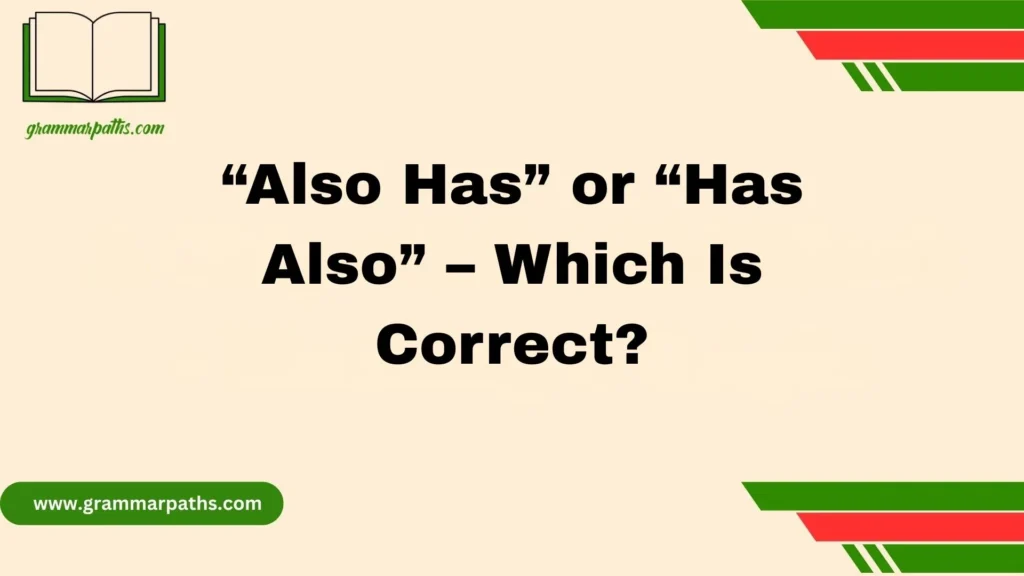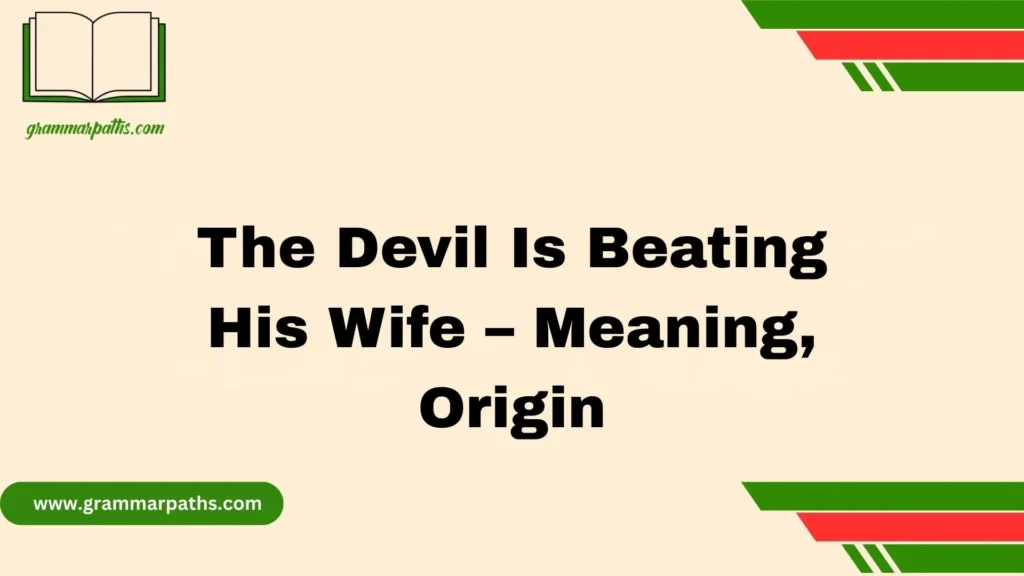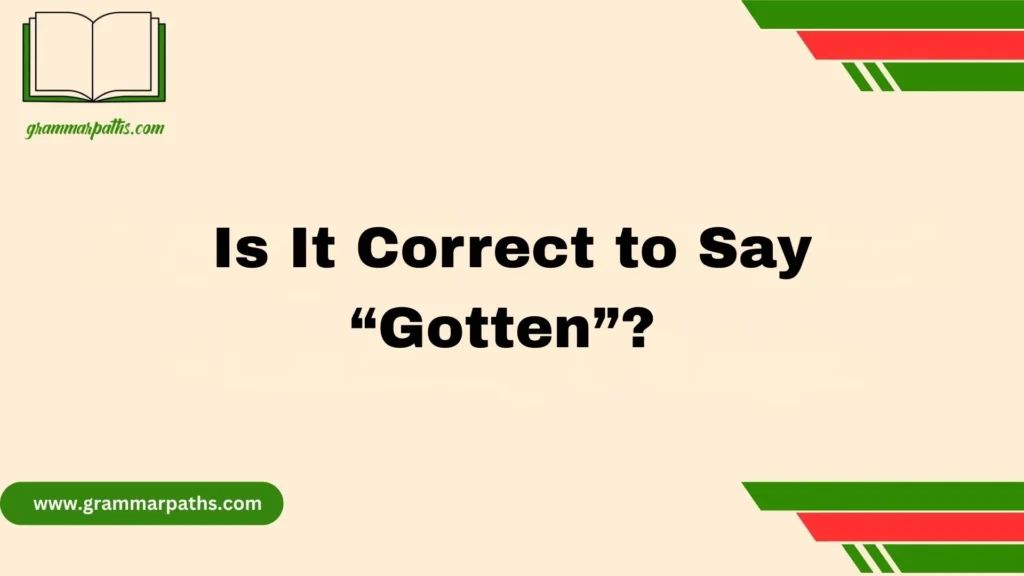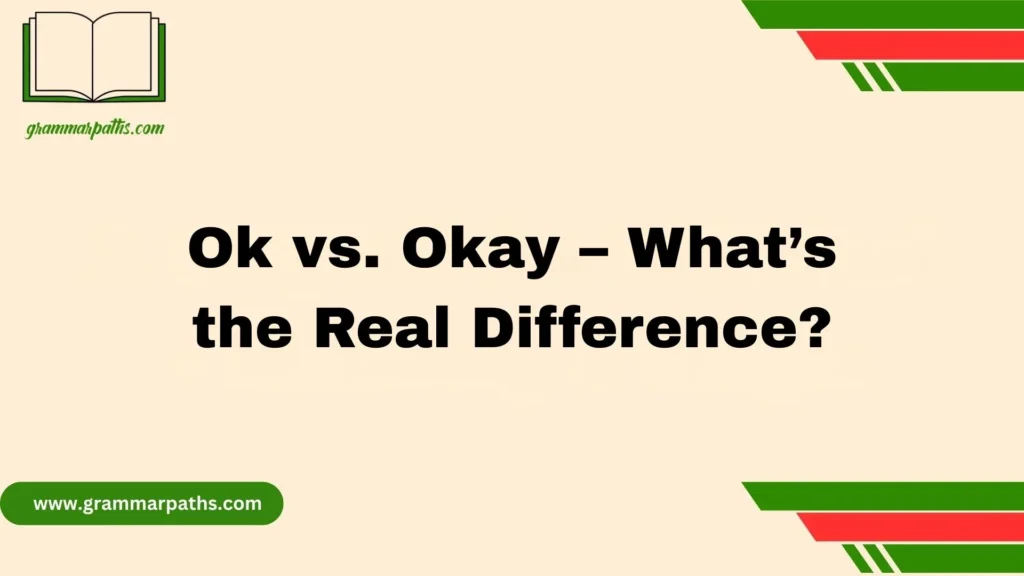Every December, people across the world still ask: “Santa Clause or Santa Claus – What’s the Difference?” The name, often misspelled on cards, decorations, or marketing materials, creates confusion. The Christmas movie, The Santa Clause, a clever film with a playful joke in its title, added fuel to the waters of this language mix-up. I’ve seen viewers laugh, but also noticed real cultural mix-ups that clash with the long-held tradition of writing it the right way.
From my own memories as a child watching the globe celebrate, the jolly man in a red suit was magical. But the spelling detail mattered—getting it right really matters, I used to think, while waiting to await his visit. Through different versions that float across the holiday season, the essence of a beloved character who slides down chimneys to deliver presents still shines. When you reveal the correct term and understand why the mix-up happens, it tells a bigger story of evolution, cultural influences, and how words becomes part of traditions.
Even the difference between a legal clause in a contract and the magical Claus who brings gifts on Christmas Eve shows how mistake and meaning mix. The big mix-up was used correctly only in that popular series starring Tim Allen, where a man becomes Santa by a special contract. I still remember the joy, the fun, and the magical night I watched it, laughing out loud with friends. On the other hand, though, spelling it wrong in real life feels entirely different—it risks losing the true holiday spirit.
Clearing Up the Seasonal Confusion
It’s easy to see why the confusion exists. “Claus” and “Clause” sound identical in English. On social media, advertisements, and even in holiday cards, you’ll find both spellings used. Some people think it’s just a typo, while others assume both are acceptable.
But here’s the truth:
- Santa Claus = the jolly gift-bringer of Christmas.
- Santa Clause = a legal pun made famous by a Disney movie.
This single difference has caused decades of misspellings and misunderstandings. To set the record straight, let’s go back to where Santa’s name first appeared.
The Origins of “Santa Claus”
The name Santa Claus comes from a long journey through history, religion, and culture.
- Saint Nicholas: The story begins with Saint Nicholas, a 4th-century Christian bishop from Myra (modern-day Turkey). Known for his generosity, especially toward children and the poverty , he became the foundation of the Santa legend.
- Sinterklaas: Dutch settlers brought their tradition of Sinterklaas (a Dutch version of Saint Nicholas) to New Amsterdam, which later became New York.
- Santa Claus: Over time, the Dutch word Sinterklaas was anglicized into Santa Claus.
The first recorded use of the term “Santa Claus” in America appeared in newspapers in the early 1800s. By the 19th century, the name was widely recognized across the United States.
Dutch Influence and American Transformation
The transformation from Sinterklaas to Santa Claus is one of the best examples of how immigrant traditions shaped American culture.
- Washington Irving’s 1809 satire: His book A History of New York included references to Sinterklaas flying over rooftops in a wagon.
- Clement Clarke Moore’s 1823 poem: “A Visit from St. Nicholas” (commonly known as ‘Twas the Night Before Christmas”) cemented the modern vision of Santa Claus—flying in a sleigh, entering homes through chimneys, and delivering gifts.
- Thomas Nast’s 19th-century illustrations: The political cartoonist gave Santa his iconic red suit, beard, and cheerful personality.
By the late 1800s, Santa Claus had fully replaced Sinterklaas in the American imagination.
Why “Claus” and “Clause” Get Confused
The confusion arises not from history but from English spelling quirks.
- Claus: A surname of Germanic origin, common in Germany, Denmark, and other Northern European countries.
- Clause: A grammatical or legal term meaning a section of a sentence or a contract.
- Pronunciation: Both words are pronounced the same in English: /klɔːz/.
Because of this identical pronunciation, many people use “Clause” when they mean “Claus.” It’s a classic case of a homophone error—words that sound the same but mean different things.
The Santa Clause Effect: Hollywood’s Role in the Mix-Up
In 1994, Disney released The Santa Clause, a Christmas comedy starring Tim Allen. The title was a pun on a legal clause—a hidden condition in a contract that Allen’s character accidentally agrees to when he becomes Santa.
The movie was a massive success in the US, grossing over $190 million worldwide and spawning two sequels: The Santa Clause 2 (2002) and The Santa Clause 3: The Escape Clause (2006). Disney even created a TV series, The Santa Clauses, in 2022.
Because of the popularity of these films, generations of children (and adults) started associating “Santa Clause” with the holiday figure. The movie essentially mainstreamed the incorrect spelling, embedding it into American pop culture.
Global Variations of Santa’s Name
While Americans debate Claus vs. Clause, other countries use entirely different names.
| Country | Name for Santa Claus | Meaning / Origin |
| United Kingdom | Father Christmas | Traditional British gift-bringer |
| France | Père Noël | “Father Christmas” in French |
| Germany | Weihnachtsmann / Christkind | Christmas Man / Christ Child |
| Spain | Papá Noel | Derived from French Père Noël |
| Finland | Joulupukki | “Yule Goat” |
| Norway/Denmark | Julenissen | Christmas Gnome |
| Italy | Babbo Natale | Father Christmas |
Interestingly, the Claus/Clause mix-up is unique to the US because of the English language and Hollywood’s influence.
Claus as a Surname: Real-World Examples
“Claus” isn’t just a holiday figure—it’s a genuine surname with Germanic roots.
- Origin: Derived from Nikolaus or Klaus, a short form of Nicholas.
- Notable people:
- Santa Claus, Indiana – A small US town that embraced the holiday theme.
- Henry Claus – An American soldier during the Civil War.
- Karl Claus – A Russian chemist who discovered ruthenium in 1844.
- Santa Claus, Indiana – A small US town that embraced the holiday theme.
This shows that Claus as a surname has existed independently of the Christmas legend.
Clause in Everyday Language: Legal and Grammar Usage
Unlike Claus, Clause belongs to the world of law and grammar.
In Legal Terms
- A clause is a specific condition in a contract.
- Example: “Termination Clause” allows parties to end a contract under certain conditions.
- Disney’s The Santa Clause plays on this exact meaning.
In Grammar
- A clause is a group of words with a subject and verb.
- Examples:
- Independent Clause: “Santa delivers gifts.”
- Dependent Clause: “Because Santa delivers gifts.”
- Independent Clause: “Santa delivers gifts.”
Case Study Example:
In 2017, a legal dispute in Maine involving overtime pay hinged on the interpretation of a clause in labor law. The missing Oxford comma cost a dairy company $5 million in settlement. This illustrates how powerful clauses can be.
Common Misconceptions and Spelling Errors
The misspelling of Santa’s name happens everywhere—from marketing campaigns to personal holiday cards.
Why it happens:
- The influence of Disney’s The Santa Clause.
- Phonetic spelling—people write what they hear.
- Autocorrect errors in digital communication.
Examples:
- A 2019 US mall advertised a “Photos with Santa Clause” event, which went viral online.
- Social media hashtags #SantaClause trend every December despite being incorrect.
Cultural Sensitivity and Evolution of Santa’s Identity
Santa isn’t just a mythical figure—he represents tradition, culture, and family across the United States. Getting his name wrong might seem harmless, but it can also dilute the history tied to Saint Nicholas and Sinterklaas.
Cultural icons deserve accurate representation. Just as mispronouncing or misspelling someone’s name in real life can feel dismissive, spelling Santa’s name incorrectly changes the story of how he became a symbol of generosity worldwide.
Media’s Role in Shaping the Modern Santa
Media has been a driving force in shaping both the image and spelling debates around Santa.
- Coca-Cola’s 1930s campaigns: The company’s ads featuring a red-suited, rosy-cheeked Santa Claus helped lock in his modern look.
- Hollywood films: From Miracle on 34th Street to Elf to The Santa Clause, movies continue to define how Americans view Santa.
- Internet & Memes: Every December, jokes and memes about “Santa Clause” resurface, fueling the confusion rather than resolving it.
Pronunciation: Getting Saint Nick’s Name Right
No matter how you spell it, Claus and Clause sound identical in English.
- Standard US pronunciation: /klɔːz/ (like “laws”).
- Regional variations: Some Americans say it closer to “claws.”
- Tip for kids: Teach the spelling “Claus” by connecting it with “Santa Claus comes with no legal clauses.”
Setting the Record Straight
So, let’s answer the question directly:
- The correct spelling is always Santa Claus.
- Santa Clause only exists as a pun in Disney’s movies.
Here’s a quick reference table to remember:
| Word | Meaning | Example |
| Claus | A surname; Santa Claus, the Christmas figure | “Santa Claus comes to town.” |
| Clause | A section of a contract or sentence | “The contract has a hidden clause.” |
Conclusion: More Than Just a Spelling Lesson
The debate between Santa Claus and Santa Clause shows how one tiny letter can shift meaning entirely. While Claus connects us to centuries of tradition—from Saint Nicholas to Dutch settlers to American Christmas culture—Clause belongs in law books and grammar guides.
Hollywood blurred the lines with its clever wordplay in The Santa Clause, but outside the movie title, “Clause” has nothing to do with the man in the red suit.
When you share holiday cheer—whether in cards, social posts, or conversations—remember that spelling matters. By using Santa Claus, you’re honoring history, culture, and a beloved figure who brings joy to millions each year.
So this season, let’s keep the magic alive, spread goodwill, and write it right: Santa Claus.
FAQs About Santa Claus vs. Santa Clause
Is it Santa Claus or Santa Clause?
It’s always Santa Claus. The spelling with an “e” comes only from the 1994 Disney movie The Santa Clause, which used a pun on the word “clause.”
Why do people spell it Santa Clause?
Because “Claus” and “Clause” sound identical in English, many people mix them up. The movie series also made the incorrect spelling popular.
What does Claus mean?
Claus is a surname of Germanic origin, often derived from “Nikolaus” (Nicholas). Santa Claus’s name came from the Dutch tradition of Sinterklaas.
What does Clause mean?
Clause refers to a section of a legal contract or a grammatical sentence. For example, a “termination clause” in a contract sets conditions for ending the agreement.
Did the movie The Santa Clause cause the confusion?
Yes. The 1994 Disney movie starring Tim Allen made “Santa Clause” famous, and many Americans—especially kids growing up in the 1990s—mistakenly think it’s the correct spelling.
Is Santa Claus the same as Saint Nicholas?
Yes and no. Santa Claus is inspired by Saint Nicholas, a 4th-century bishop known for his generosity. Over time, Saint Nicholas evolved into Sinterklaas in Dutch culture, which later became Santa Claus in America.
Do other countries have the Claus vs. Clause problem?
No. The confusion is unique to English-speaking countries, mainly the US, because of the identical pronunciation and the influence of Hollywood.
How do you pronounce Claus?
In American English, Claus is pronounced the same as Clause: /klɔːz/ (similar to “laws”).

Mia Rose is the passionate writer and founder of GrammarPaths.com, a resource dedicated to helping learners master English grammar, idioms, and writing skills with ease. With a deep love for language and years of experience in teaching and content creation, Mia simplifies complex grammar rules into clear, practical guides that readers can instantly apply.












